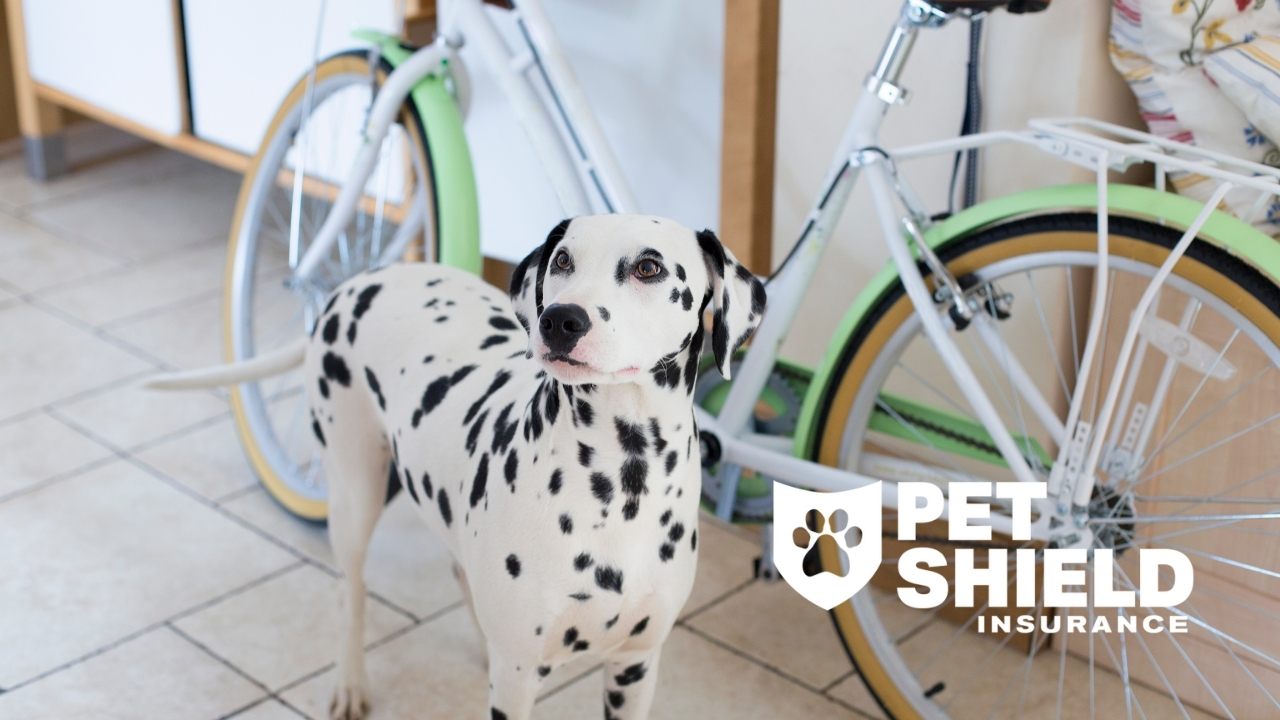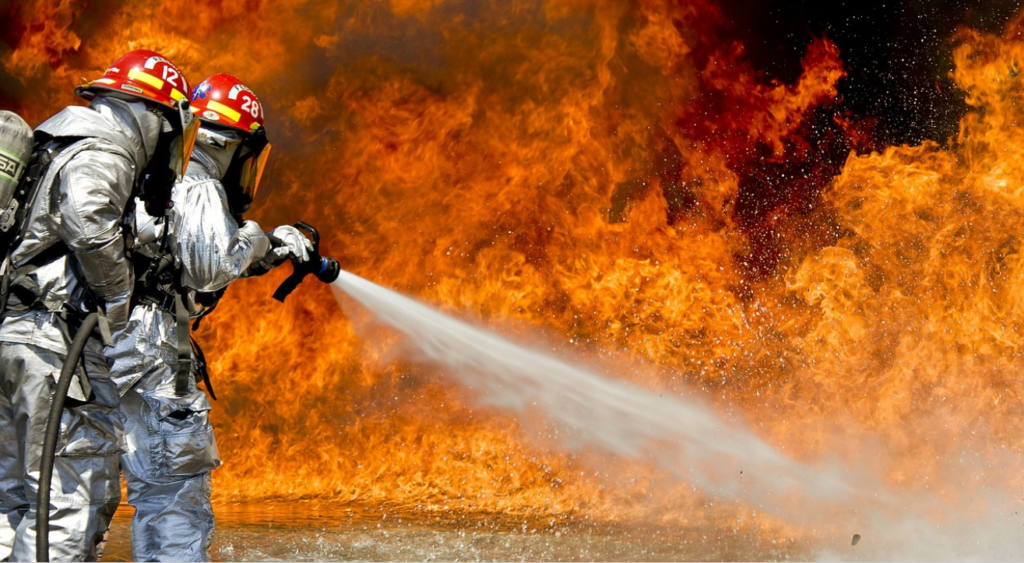
As insurance experts, we know disaster can strike when you least expect it.
We have all been taking on the challenge of COVID-19, but we shouldn’t forget about the other “everyday” disasters that can come out of nowhere. Today is National Animal Disaster Preparedness Day—a day to remind pet owners of the importance of emergency planning for your pet. There’s no denying, our pets’ safety is in our hands. We’re responsible for our emergency plan that includes our pets, should a natural disaster occur.
Disaster comes in many forms–fires, floods, hurricanes, tornadoes, and other storms. How can you prepare for unexpected disasters? By planning ahead and making a disaster protocol that includes your pets!

Take Precautions
There are steps you can take for your pet’s general safety, that will also help if disaster strikes:
- Have your pet microchipped and make sure your information is up-to-date with your microchipping company
- If possible, practice traveling with your pet in advance, so it’s not as big of a shock for them to leave home. This way, they can also get more comfortable traveling in cars.
- If your pet experiences separation anxiety, talk to your vet about natural supplements that you can add to their emergency pack. Luckily, Pet Shield’s coverage includes supplements like these!
Your Emergency Plan
If you can, establish a safe space for your pets beforehand, and plan your escape route. Once you’ve made your plans, you can practice them with your family and pets. That way, everyone knows the drill. Coordinate a plan with a neighbour or friend to help if you’re not home, and tell them where your pet’s emergency supplies are.
To make things even easier, you can have a dedicated pet emergency pack ready! Make sure to include:
- Water (about 1 oz per pound of body wait, per day)
- Food
- A pet-friendly first aid kit
- Bowls for food and water
- A lead for your pet
- Medications
- An LED light
- Waste disposable bags
- A blanket
- ID card and a photo of you and your pet for identification, should you be separated
- A copy of your pet’s shots and records
- A record of local phone numbers like local Animal Control, police, local boarding, and veterinarians.
Additional Resources
PETA has offered advice to help ensure the safety of animals during storms and other disasters:
The University of Guelph’s Ontario Veterinary College has also provided information about National Animal Disaster Preparedness Day, and how to prepare for the worst:
British Columbia’s SPCA has encouraged pet guardians to plan for their furry family members in the event of an emergency, such as wildfires, a flood or an earthquake. They also include a downloadable emergency checklist.